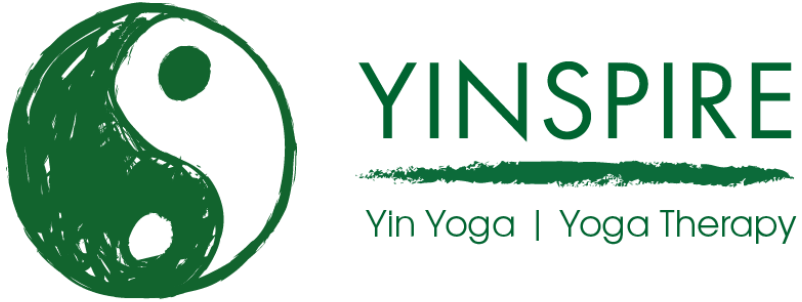I read this article on BBC news this morning:
‘Shocking’ lack of evidence on antidepressants for chronic pain
The research being reported on is a Cochrane Review which is a very respectable library of systematic reviews of research – the actual review is at:
Antidepressants for pain management in adults with chronic pain: a network meta‐analysis
The conclusions from the reviews authors show that there is some evidence to support using Antidepressants for chronic pain conditions, but an absence of long term evidence, noting that the research they reviewed covered trials with an average length of 10 weeks.
There are a few things to pull out of this
First ten weeks, the average length of the research, is not a long time – antidepressants can take several weeks to work, and chronic pain is by its nature a long term condition which is experienced over months or years rather than weeks.
Second chronic pain is a difficult condition to classify – generally it will be presenting without obvious physical cause – maybe no cause at all, maybe pain persisting after an injury or illness has healed. There are clusters of overlapping conditions – for example Fibromyalgia, Neuropathic pain, Muscular skeletal pain, and these may also overlap with physical and emotional health concerns like ME, trauma or stress related conditions. There is no one agreed definition for the length of time before pain becomes chronic, although either 12 weeks or pain persisting beyond the expected recovery time for an injury are working definitions.
Thirdly, from a neuroscience perspective, the neurobiology of chronic pain – why it happens, and how it manifests in the brain – isn’t fully understood by science.
However some people do find antidepressants help with chronic pain, which is no small thing.
Making Sense of This
Making sense of these threads isn’t easy.
A modern understanding of pain looks at it from a BioPsychoSocial perspective – thats to say looking at the condition from the perspective of biology, such as tissue damage; psychology, such as how the pain is effecting mood; and social aspects – how the experience of pain effects the persons day to day life including work, relationships and leisure. These variables feed off each other and often create a negative spiral of decreasing health and well-being. It also helps to explain how two people with, say, similar injuries, have very different experiences of pain and different long term outcomes.
It is understood that if you can change one aspect of these variables you may be able to reduce the experience of pain. In that context it is easy to see how ongoing pain can create low mood, so lifting the mood breaks the circle of declining health and enables someone to take steps to improve their overall outlook – maybe get some exercise and fresh air, indulge again in a favoured hobby, or get back to work. In turn that improved outlook helps the nervous system to stabilise and pain to recede.
Yoga Therapy and Chronic Pain
As a therapist I don’t prescribe medication, so I can only talk in general terms about antidepressants. And my general thought would be if Antidepressants – or any other medication for that matter – works for you and provide help then that is good – keep in contact with your doctor or prescriber and take their advice on dose, duration and any changes to medications. They are the experts.
Many people don’t like taking medication long term – due to stigma, side effects or perhaps their doctors reluctance to prescribe it long term.
This is where the BioPsychoSocial model also provides a framework for other interventions like Yoga.
Done skilfully Yoga can, in a similar way to medication, help to calm the nervous system and help someone regain a balance in life and pain recede. I’d emphasise the “can” in that sentence though – Yoga won’t work for everyone, and won’t be the complete solution. Likewise it needs to be done skilfully – not all yoga is created equally, and some yoga practices or routines could easily make matters a lot worse.
A Yoga therapist is trained in using Yoga therapeutically for conditions like Chronic Pain and would be able to suggest where Yoga can potentially help you safely and effectively. Done skilfully Yoga may help alleviate chronic pain and possibly reduce reliance on medication.
You can read about my approach to Yoga Therapy for Pain Conditions
In conclusion, for someone with a Chronic Pain condition, any help is going to be welcome. Medication well be a large part of that. Lifestyle and non medical interventions are part of this as well, and Yoga can be part of the jigsaw here.
